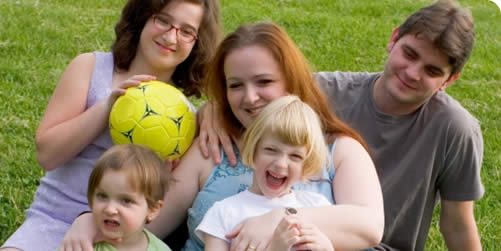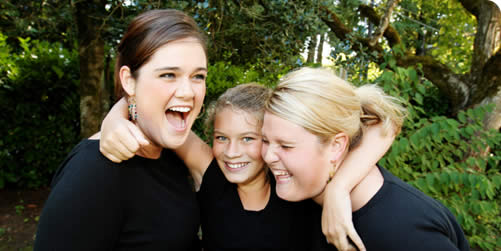
Arbour Consulting strives to create safer, more inclusive communities and ensure continuity of services for families and youth at risk. We do this through coordination of multi-disciplinary supports and collaboration with appropriate community resources.
Services offered are intended to promote understanding and foster respectful, caring relationships so that individuals may find welcome in their communities, schools and homes.
Functional Assessments by Arbour Consulting provide detailed descriptions of the component parts of any challenging behaviour and explain why behaviours occur.
These individualized assessments begin with a personal profile (strengths, challenges, communication skills, learning style). The profile considers the person as an individual, as a member of a family and also as part of a culture and greater community. This information provides understanding of strengths and challenges from different perspectives and ensures involvement from professionals and other helpers is informed, consistent and respectful.
Personalized recommendations are used to develop a comprehensive support plan. Support plans reflect needs of the individual as well as the needs of the caregivers - to ensure they are viable and sustainable.


Challenging behaviours such as physical aggression, running away, inappropriate touching and drug misuse can seem to “come out of the blue.” In fact, there are always reasons why someone engages in these behaviours. Until we understand why these behaviours occur we can all feel frustrated, afraid and powerless.
Functional assessments help caregivers and others understand why behaviours occur, and how Positive Behaviour Interventions can help to decrease them.
Positive Behaviour Interventions consider the unique challenges, strengths and resources of an individual and how he or she copes with the stressors of life. Strategies such as visual supports, scheduling and relaxation techniques assist in learning new ways to get needs and wants met, while improving social relationships.
Behaviour is Communication
Although we are a highly verbal society, speech is not the only way we communicate. We also use gestures, written words and sometimes devices and pictures.
Some individuals may not understand everything others say to them, or may have difficulty verbalizing their needs and wants. These kinds of difficulties can lead to feelings of frustration, isolation and anger, expressed through behaviours as wide ranging as arguing constantly with others, being physically aggressive, stealing and running away.
As part of Functional Assessment, Positive Behaviour and Communication Interventions help people express their needs and wants more clearly. Emotional discomfort is often reduced, while social relationships are enhanced.
Training and educational workshops on communication supports help caregivers and others consider the message behind challenging behaviour and develop strategies to assist individuals communicate their needs in ways that can be supported within their homes and communities.


“Change has a considerable psychological impact on the human mind. To the fearful, it is threatening because it means that things may get worse. To the hopeful, it is encouraging because things may get better. To the confident, it is inspiring because the challenge exists to make things better.” —King Whitney Jr.
“Things do not change; we change.” —Henry David Thoreau
There are many points of change met in a person’s life. Events may be welcome or not. Some changes are inevitable, such as a nineteenth birthday. Changes may be anticipated, like a move from one home into a new community.
Anticipated change benefits from conscious attention, collaboration and creativity. Future planning can occur at any time, to support transitions, or plan for the future. Augmented communication and behaviour support programs can help us adapt to life with clearer communication and greater emotional ease.
Arbour Consulting utilizes a planning tool called PATH to support individuals, families and groups, create new possibilities for themselves and others. Resource counseling offers additional information about services available in your community.
Workshop registration inquiry
If you are interested in attending one of our workshops or if you would like to suggest a new workshop topic, please use this form to contact us. Or you may call us directly at (604)522-5107.
